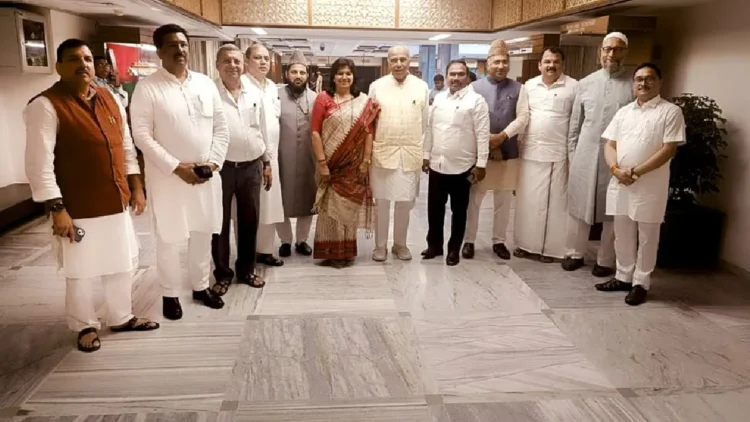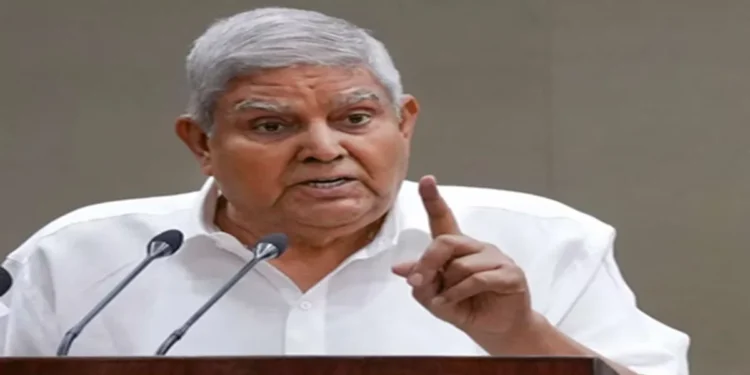New Delhi. The Modi government has brought the Waqf Amendment Bill. The bill was introduced in the Lok Sabha on 8 August 2024. It was then sent to JPC for detailed discussion. The Waqf Amendment Bill was discussed for 108 hours in JPC and suggestions were also taken from 284 stakeholders. During the discussion at the JPC on the Waqf Amendment Bill, 572 amendments were suggested by the MPs and opposition MPs. Of these, 44 amendments were sorted out and then after discussion, JPC suggested to include 14 in the Waqf Amendment Bill. The amendments that the opposition suggested was rejected on the basis of majority after discussion in JPC. Know what important provisions have been made in the Waqf Amendment Bill.
According to the suggestions made by JPC to change the Waqf Amendment Bill, not everyone will be able to wow their property. For this, it has been said to accept Islam for 5 years. According to JPC recommendation, Waqf boards will also have 2 non -Muslim and 2 women members. In the Central Waqf Parishad, the central government minister, 3 MPs, 2 former judges, 4 people renowned at the national level will be kept. All these will be non -Muslims. The main district of the Waqf tribunals will be of the judge level. The Waqf Tribunals will also have a joint secretary level government officer. The decisions of the Waqf Tribunal will be challenged in the High Court and the Supreme Court. Earlier there was a surveyor for Waqf properties. Now the DM or older will be replaced by the surveyor. Which will see the revenue records and will tell whether the assets given to the person are or not. Also, DM or older officers will decide about the disputed land.
The assets made before 2 April 2025 will remain the same. The Waqf Board will take them only after the Waqf properties are disputed. If the Waqf Board has claimed government property, it will not be valid. At the same time, it will be necessary to give information about every Waqf property in the Central Database. For this, 6 months time has been fixed. If the information about Waqf property is not given in the central database, then there is no right to go to court if there is a dispute. In some cases the Waqf Tribunal may extend the time to give information about the property.






